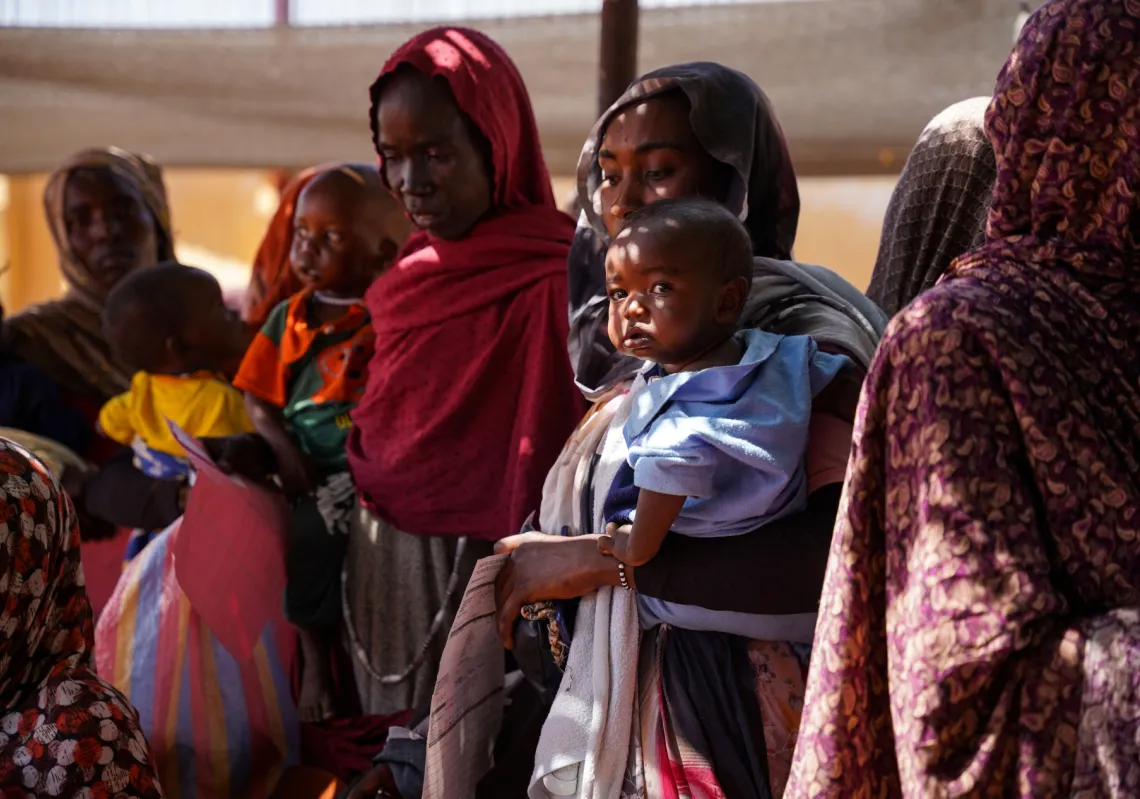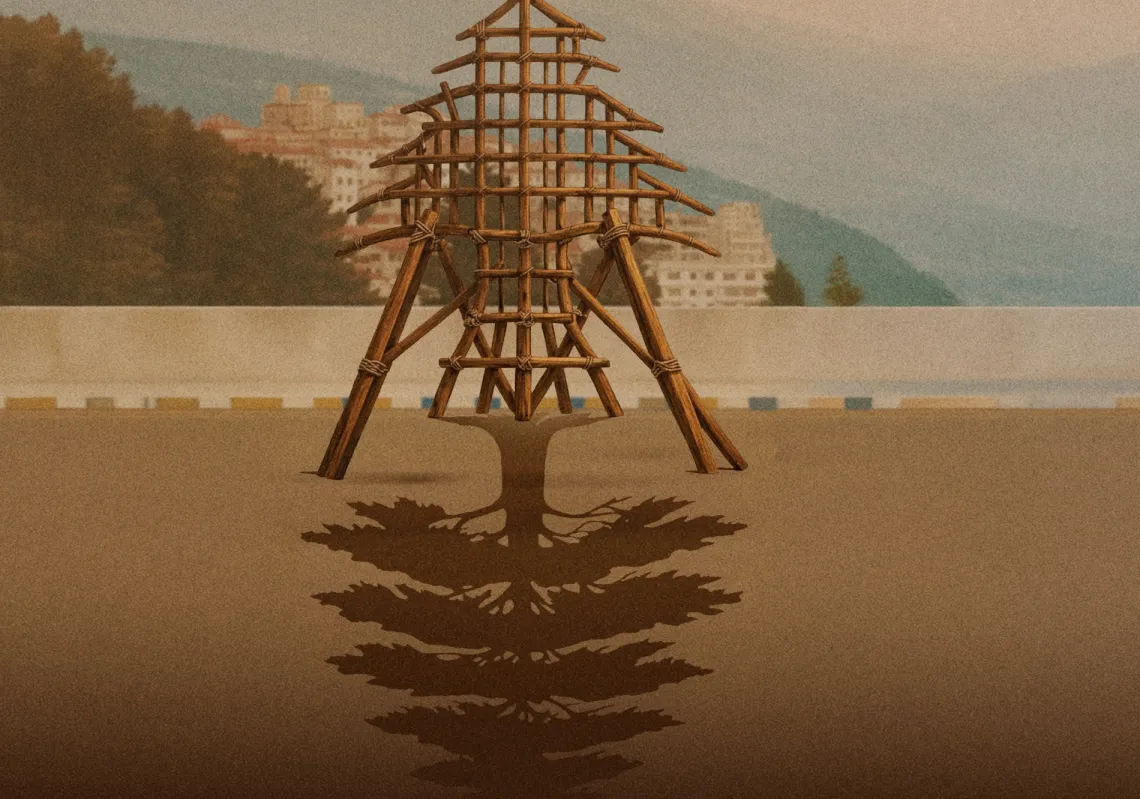The world's tallest tower was inaugurated in Dubai, the UAE, on January 4. This article, however, has nothing to do with the elevation of the tower, which is 828 meters (2717 feet), consisting of 160 floors. Nor has it anything to do with the fact that the tower comprises the highest swimming pool and the highest mosque in the world, nor many other records related with the skyscraper.
The world watched the tower's legendary inauguration ceremony, attended by tens of thousands of people from Dubai, the UAE, the Gulf region and hundreds of tourists. It was a really special day for everyone.
All this was normal and not surprising because it was commensurate with the magnitude of the challenge represented in the decision to build the tower 5 years earlier. Those who know the personality of Sheikh Mohammed bin Rashid Al Maktoum, Ruler of Dubai, are fully aware that the question on his mind is: What is to happen after this achievement?
The first lesson learned from the tower is the vast experience gained by local companies that contributed to the implementation of such a huge project. They had the opportunity of benefiting from new techniques used for the first time in the world. Some of these companies have bided to build a tower in Jeddah, Saudi Arabia, which is expected to be the tallest in the world with a height of 1000 meters. Such experience has been transferred to hundreds of individuals from the region and into dozens of technical and engineering disciplines as well.
The second lesson is that creating a first-class tourist landmark has contributed to the promotion of tourism in Dubai, and the UAE in general. All tourists who visit Dubai wish to visit the tower, and to climb to its 124 floor balcony. They are charged 200 Dirhams ($54.5) each.
The third lesson is the one of promoting the concept of a city of high rises and diversified activities; a city inhabited by 1.9 million people, and comprising commercial offices and residential apartments; hotels, restaurants and entertainment venues; and services. A city that has the ability to run and sustain the associated services such as water, electricity and air conditioning as well as safety procedures, including the servicing of the 57elevators of the tower.
The fourth lesson is that the event contributed to improve the general mood prevailing in the market. Opening the tower gave a great positive psychological boost and greater confidence in the UAE and, in particularly, the Dubai econom.
A recent study conducted on 24000 consumers in the Middle East found an improvement in consumer confidence regarding the UAE from 29.6% to 86.1%, compared to the previous survey conducted in the second half of 2009. This is the biggest jump in consumer confidence in the region. At the world level, the UAE was ranked third, after Vietnam and Qatar, in terms of consumer confidence.
It is well known that measuring confidence level involves important economic standards, including performance of the economy, employment, income and quality of life.
Last, but not least, the most important lesson learned is the one behind the decision of changing the name of the tower from Burj Dubai to Burg Khalifa. Such a change is a very clear message that the UAE is united, and that there is no doubt regarding the relationship between Dubai and Abu Dhabi—are trying to overcome the crisis. The speech of the Ruler of Dubai has made it clear to those who attended the inauguration ceremony that the UAE is united and can not be regarded as fragmented whatever the challenges are.
It is important to note also that excessive optimism has no thing to do with deep understanding of the reality of the real estate sector in Dubai. The inauguration of Burg Khalifa does not necessarily mean improvement in the real estate sector. Constraining factors on such sector remain strong and need a longer time to be addressed than some expect. This is due to the slow pace of corrective measures and to major developers being slow to find effective solutions to restore money invested in the cancelled projects and to find funding sources. Realistically and objectively assessing the real estate market in Dubai is fundamental to overcoming of the crisis in the sector.
Focusing on finding creative and practical solutions must be part of the priorities of economic bodies responsible for real estate and construction sector. These sectors, accounting for 23.3% of the gross domestic product, are important pillars of Dubai's economy. Workers in such sector account for 41.1% of the labour focer, according to 2006 statistics. Such figures have greatly grown in the years 2001-2007. The average compound annual growth rate reached 12% during 2001-2006—one of the highest rates in this sector in the world. The construction sector accounted for 34.6% of the total fixed capital.
Reforms needed in the real estate and construction sector should take place during 2010. Otherwise, it will be difficult to re-attract investors who might go to markets which are still attractive and have a good legal structure.
Dr Wadah Al-Taha - Senior Economist and Financial Analyst







